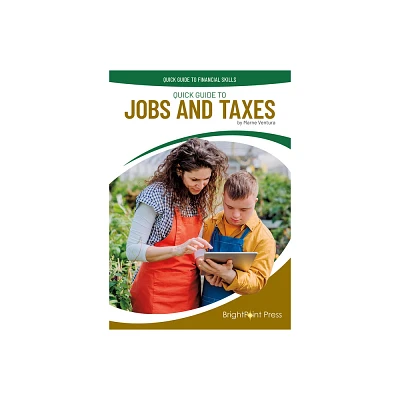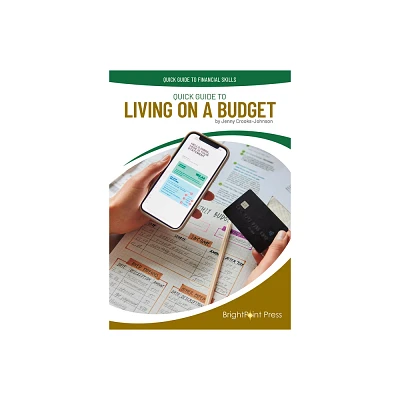Home
Mom to Be: Quick Guide for Breastfeeding
Loading Inventory...
Barnes and Noble
Mom to Be: Quick Guide for Breastfeeding
Current price: $19.99


Barnes and Noble
Mom to Be: Quick Guide for Breastfeeding
Current price: $19.99
Loading Inventory...
Size: Paperback
*Product Information may vary - to confirm product availability, pricing, and additional information please contact Barnes and Noble
Women who choose to breastfeed often do so for a variety of personal, health-related, and cultural reasons. Breastfeeding is widely recognized for its numerous benefits, both for the baby and the mother. For infants, breast milk provides essential nutrients and antibodies that bolster the immune system, promoting healthier growth and development. It is also associated with a lower risk of infections, allergies, and chronic conditions like obesity and diabetes.
For mothers, breastfeeding can aid in postpartum recovery, helping the uterus return to its pre-pregnancy size and reducing the risk of certain cancers, such as breast and ovarian cancer. Many women find breastfeeding to be a deeply bonding experience, fostering a strong emotional connection with their child.
However, the choice to breastfeed can also be influenced by societal norms, family traditions, and access to support from healthcare providers and lactation consultants. Challenges such as physical discomfort, the need to return to work, and societal pressures can complicate the decision, making access to supportive policies and education crucial. Ultimately, the decision to breastfeed is a personal one, shaped by a woman's individual circumstances, values, and the support she receives from her community and healthcare system.
For mothers, breastfeeding can aid in postpartum recovery, helping the uterus return to its pre-pregnancy size and reducing the risk of certain cancers, such as breast and ovarian cancer. Many women find breastfeeding to be a deeply bonding experience, fostering a strong emotional connection with their child.
However, the choice to breastfeed can also be influenced by societal norms, family traditions, and access to support from healthcare providers and lactation consultants. Challenges such as physical discomfort, the need to return to work, and societal pressures can complicate the decision, making access to supportive policies and education crucial. Ultimately, the decision to breastfeed is a personal one, shaped by a woman's individual circumstances, values, and the support she receives from her community and healthcare system.


















